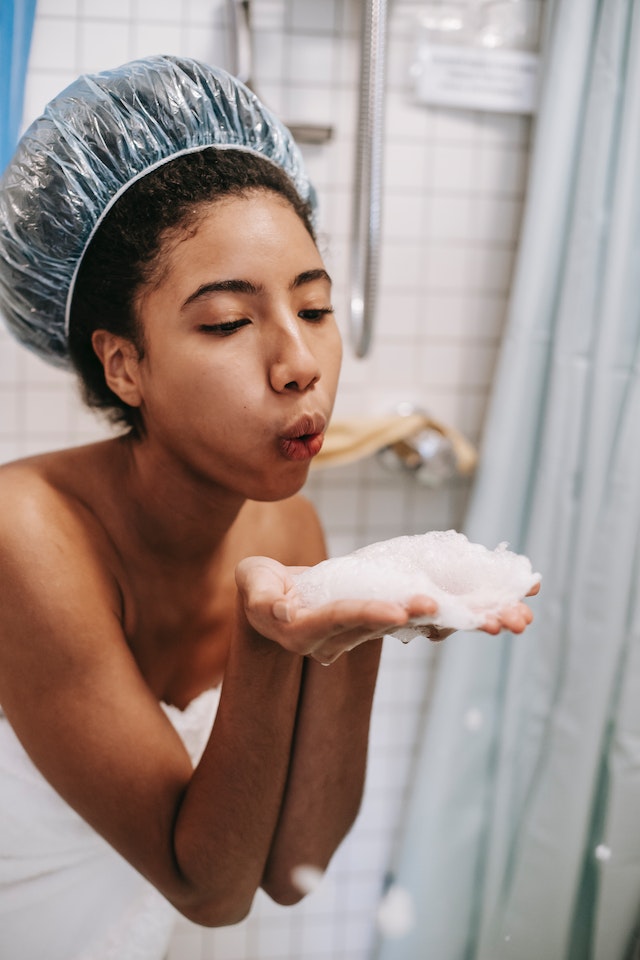Introduction
Sunshine brings warmth, joy, and vitamin D, but for some, it can also trigger unwelcome allergic reactions. Sun allergies, medically termed as photosensitivity, can manifest in various forms, ranging from mild rashes to severe blistering. However, with the right precautions, you can enjoy the sun without the fear of allergic reactions. Here, we delve into effective strategies to prevent sun allergies and safeguard your skin.
Understanding Sun Allergies
Before diving into prevention methods, it’s crucial to grasp the underlying mechanisms of sun allergies. Sun allergies occur when the skin’s immune system reacts abnormally to sunlight. This reaction is often triggered by exposure to ultraviolet (UV) radiation, which can penetrate the skin and cause damage to its deeper layers.
Types of Sun Allergies
- Polymorphous Light Eruption (PMLE): PMLE is one of the most common forms of sun allergy, characterized by itchy or burning skin eruptions.
- Solar Urticaria: This condition results in hives or welts upon sun exposure, accompanied by itching, stinging, or burning sensations.
- Photoallergic Dermatitis: Certain medications or skincare products can make the skin more sensitive to sunlight, leading to a photoallergic reaction.
-
Image by: yendex.com
Preventive Measures
1. Sunscreen Protection
Invest in a broad-spectrum sunscreen with a high SPF (Sun Protection Factor) rating. Apply it generously to all exposed skin areas at least 30 minutes before going outdoors. Reapply every two hours, especially after swimming or sweating.
2. Clothing Choices
Opt for tightly woven, dark-colored fabrics that offer better protection against UV rays. Wear wide-brimmed hats, sunglasses with UV protection, and seek shade whenever possible, particularly during peak sunlight hours between 10 a.m. and 4 p.m.
3. Avoidance of Triggering Factors
Identify and avoid factors that exacerbate sun allergies, such as certain medications, fragrances, or skincare ingredients known to induce photosensitivity reactions.
4. Gradual Sun Exposure
For individuals prone to sun allergies, gradual exposure to sunlight can help build tolerance over time. Start with short intervals of sun exposure, gradually increasing duration while monitoring skin reactions closely.
5. Cooling Measures
In case of sun-induced rashes or discomfort, apply cool compresses or take cool showers to alleviate symptoms and soothe irritated skin. Explore More About (Stomach Pain From Stress)
6. Hydration and Skincare
Maintain skin hydration by drinking plenty of water and using gentle, hypoallergenic skincare products free from harsh chemicals or potential allergens.

Consultation with a Dermatologist
If you experience persistent or severe sun allergy symptoms despite preventive measures, consult a dermatologist for professional evaluation and personalized treatment recommendations. They can conduct allergy testing, prescribe suitable medications, or recommend specialized phototherapy treatments to manage your condition effectively.
| Preventive Measures | Description |
|---|---|
| Sunscreen Protection | Application of broad-spectrum sunscreen with high SPF rating, reapply every two hours. |
| Clothing Choices | Opt for dark-colored, tightly woven fabrics, wear hats and sunglasses, seek shade. |
| Avoidance of Triggering Factors | Identify and avoid medications, fragrances, or skincare ingredients that induce reactions. |
| Gradual Sun Exposure | Increase sun exposure gradually, monitor skin reactions closely. |
| Cooling Measures | Apply cool compresses or take cool showers to soothe irritated skin. |
| Hydration and Skincare | Keep skin hydrated, use gentle skincare products free from potential allergens. |
| Consultation with a Dermatologist | Seek professional evaluation and personalized treatment recommendations if needed. |
Conclusion
By implementing these simple yet effective preventive measures, you can minimize the risk of sun allergies and enjoy outdoor activities safely. Remember to prioritize sun protection, stay vigilant about potential triggers, and seek medical advice if needed. With proactive care and awareness, you can bask in the sun’s warmth without worrying about allergic reactions.











